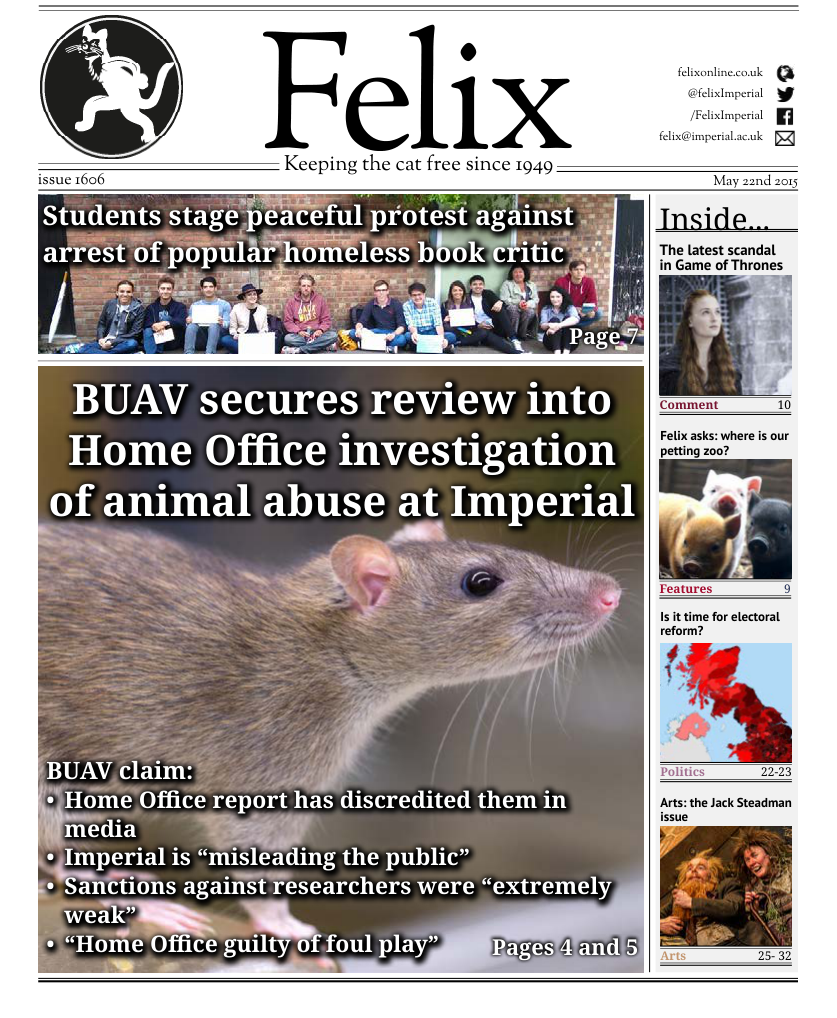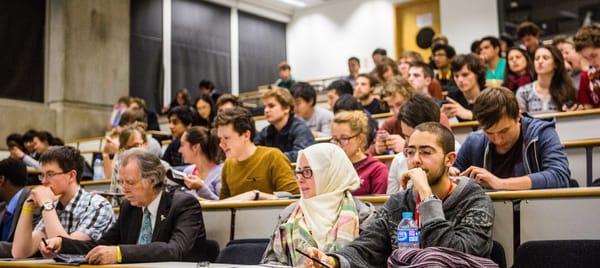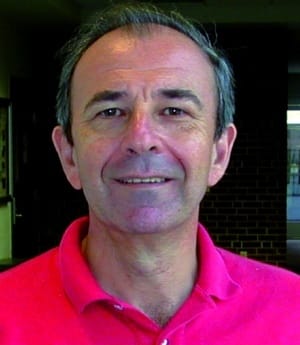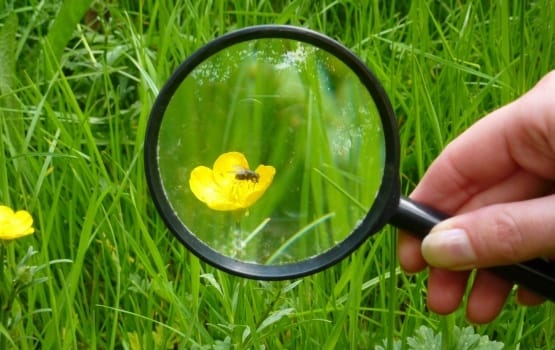Two Imperial Professors receive awards from the Royal Society of Chemistry
Philip Kurukgy looks into the research that earned them the recognition
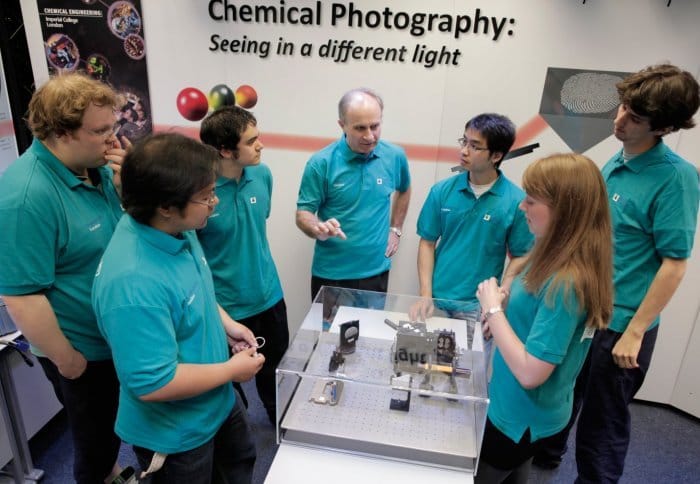
The Royal Society of Chemistry has recognised two Imperial professors for their world-leading research. Professor Sergei Kazarian from the Department of Chemical Engineering and Professor Elaine Holmes from the Department of Surgery and Cancer have received the awards in the light of new discoveries in the field of concentration measurement, which will improve the effectiveness of pharmaceuticals and medicine.
Professor Kazarian received the Sir George Stokes award. In an interview with Felix, he discussed the practical applications of his research, which involves the use of Attenuated Total Reflectance Fourier Transform Infrared (ATR-FTIR) spectroscopy. He described the ability of this technology to reveal “what the eye cannot see”. Professor Kazarian described the new imaging method as a form of “Chemical Photography” which relies on the vibrations of chemical bonds and Beer’s Law, allowing scientists to determine the concentration distribution of proteins, lipids and chemicals in human tissue. This is particularly useful in analysing how drug tablets diffuse in the body. In the past, pharmaceutical companies have had to rely on trial and error to determine the right compositions. The industry is already using this new imagining method to enhance the efficiency of their products by allowing them to predict analytically how unknown compositions behave in the body. This technology has further applications in forensic science.
Professor Kazarian – a Sherlock Holmes fan – was thrilled to see that his research is currently being used by the Home Office to investigate crime scenes. ATR-FTIR spectroscopy allows detectives to predict the age of a fingerprint, and the sex of the person who left it, by analysing the chemicals present.
Professor Elaine Holmes received this year’s Royal Society of Chemistry Interdisciplinary Award. Her research concerns the chemical mapping of biological samples. Human cells contain thousands of chemicals and have many different concentration profiles. Any changes to those profiles reflects a change of the environment or the health of the subject. Professor Holmes’ complex modelling of chemicals in the human body has lead to a completely new field of statistics within the biological framework of the human body. She described it as “a privilege to work in such an exciting field of study and one that could make a real difference to patients’ lives. “I feel very lucky to have a job that I love doing. The Royal Society of Chemistry award is indeed an honour and the recognition of the potential of metabolic phenotyping as a valuable field of research in its own right highlights the value in the partnership between chemistry and medicine.”

